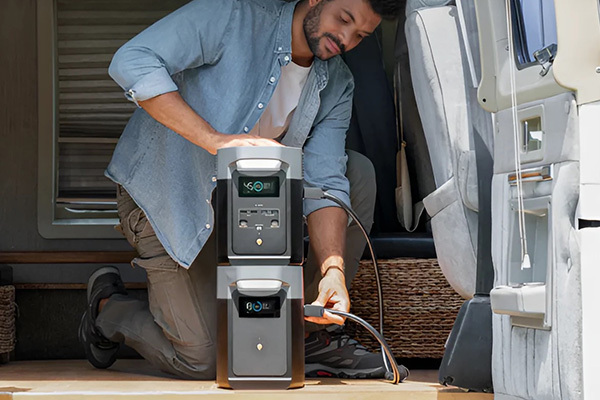Frequently Asked Questions About Portable Power Stations
Portable power stations, also known as solar generators, are a compact and efficient solution for powering your devices while on-the-go or in areas without access to electrical outlets. These devices can be charged using solar panels, car outlets, or wall sockets and can provide power for a wide range of devices such as smartphones, laptops, camping gear, medical equipment, and more. Portable power stations can be a lifesaver during power outages or emergencies, and are a great option for camping, outdoor events, or remote job sites.
One of the key benefits of portable power stations is their convenience and versatility. They are small and lightweight, making them easy to transport and use anywhere. Many models come with multiple AC outlets, DC ports, and USB ports, allowing you to charge and power multiple devices simultaneously. Some portable power stations also come with built-in LED lights or fans, adding extra functionality for outdoor activities or emergency situations.
When choosing a portable power station, there are a few key factors to consider. The capacity of the power station, measured in watt-hours (Wh), determines how long it can power your devices. It's important to choose a power station with enough capacity to meet your needs. Other factors to consider include the number and type of ports available, the weight and size of the device, and the method of charging (solar, car, or wall). With so many options available, there is a portable power station to suit every need and budget.
Below are a few frequently asked questions about our portable power stations and accessories.
A: A portable power station is a device that stores electrical energy in a rechargeable battery and can be used to power various electronic devices and appliances. They are usually designed to be lightweight and portable, making them ideal for outdoor activities, camping, and emergency situations.
A: Portable power stations work by storing electrical energy in a rechargeable battery through an AC power outlet or a solar panel. They can then convert this stored energy into various forms, such as AC power, DC power, or USB power, which can be used to charge or power different types of electronic devices and appliances.
A: The devices and appliances that you can power with a portable power station depend on the power capacity and output of the unit. Generally, portable power stations can power small to medium-sized appliances and electronics, such as laptops, smartphones, tablets, lights, small fans, portable refrigerators, and CPAP machines.
A: The runtime of a portable power station depends on the power capacity and the amount of power that the devices or appliances connected to it require. The higher the power capacity of the unit and the lower the power consumption of the devices, the longer the runtime will be. Most portable power stations come with a runtime estimation for common devices, so it's important to check these before purchasing a unit.
A: Portable power stations can be recharged in several ways, such as through a wall outlet, a car charger, or a solar panel. Most portable power stations come with an AC charger and a car charger, and some also come with a solar panel. Solar panels are ideal for outdoor activities and emergency situations where there is no access to electricity.
A: When buying a portable power station, it's important to consider the power capacity, the number and type of output ports, the weight and portability of the unit, and the recharge time. You should also consider the type of devices and appliances you want to power, the runtime you need, and the budget you have for the unit.
A: Portable power stations are generally safe to use, but it's important to follow the manufacturer's instructions and safety guidelines when using them. Some basic safety measures include avoiding overcharging the unit, avoiding exposing the unit to extreme temperatures, and not using the unit in wet conditions.
A: The rules for taking a portable power station on an airplane depend on the airline and the size of the unit. In general, most airlines allow portable power stations with a power capacity of less than 100Wh or 160Wh, but larger units may require special permission. It's important to check with your airline before traveling with a portable power station.

